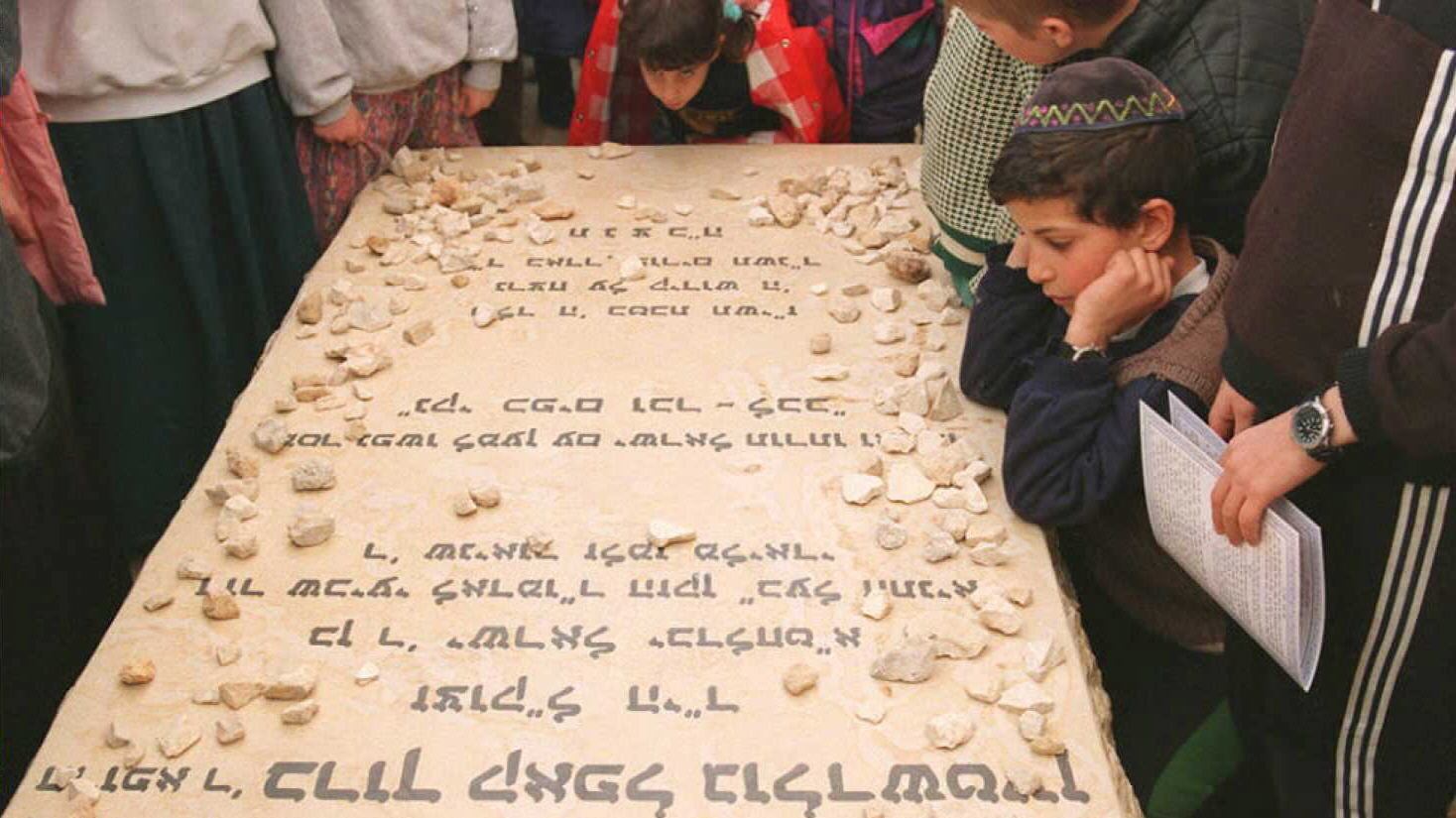I don’t think that the views of Shmuley Boteach, whose company I’ve enjoyed for two decades, “border on racism.” That’s why when I saw that phrase in the subheadline of my piece—a subhead I hadn’t written or read—I quickly got it changed. I'm sorry it appeared there and offer a sincere apology to Shmuley.
To the contrary, I believe he cares about the well-being of people of all races, ethnicities and creeds. And I said so repeatedly in my piece. I wrote that Shmuley has “spoken at Morehouse College, helped relocate victims of Hurricane Katrina, and traveled to Rwanda to learn about its genocide.” I wrote that he “sincerely believe[s]” in the message of “tolerance, multiculturalism, and social justice” that he and Cory Booker spread. I rejected claims that their relationship is motivated by political gain. I applauded him for calling Islam a “great world religion.” And I said that in creating the L’Chaim Society, he was “continuing a tradition begun by Menachem Schneerson, the last Lubavitcher rebbe, who wanted Chabad to reach out to gentiles in hopes of convincing them to follow the seven Noahide laws, rules of human conduct that apply not just to Jews but to all humankind.”

Shmuley’s problem isn’t ill will. It’s ignorance. “I believe that Jews and Arabs should be allowed to live anywhere in Israel or Judea and Samaria,” he writes in reply to my article. Is he really unaware that West Bank Palestinians cannot live in Israel? Or that they cannot even move from Areas A or B to Area C, which comprises sixty percent of the West Bank?
“If someone said to me, ‘Arabs cannot live in Jerusalem,’ I would be one of the first to object,” he writes. Is he really unaware that Palestinians from the West Bank, let alone the Gaza Strip, cannot under normal circumstances live in Jerusalem? Or that Palestinians in East Jerusalem—the vast majority of whom lack Israeli citizenship—can rarely buy land in West Jerusalem because most of it is “state land,” and thus can be bought only by Israeli citizens or Diaspora Jews eligible to become Israeli citizens under the law of return?
Does he really believe that “Israel withdrew fully from Gaza,” when it still maintains a security corridor inside the Gaza Strip from which Palestinians are barred from entering? And when the United States government itself considers Israel the occupying power in Gaza because it controls access to the Strip by air, land and sea, with the exception of one crossing point into Egypt?
At the end of his reply, Shmuley asks me whether I’d rather live “under Israel, with all the imperfections of a democracy caught in an existential struggle for survival, or under Hamas?” The question itself reveals so much. Of course, I’d rather live as an Israeli citizen, Jewish or Arab, inside the 1967 lines, where Israel is indeed a democracy. That’s why in The Crisis of Zionism and elsewhere, I’ve repeatedly praised Israel for maintaining its democratic character inside its original boundaries under difficult conditions. I rarely mention Hamas without saying that I abhor its values. I’ve even publicly criticized Israel’s critics for overlooking the movement’s crimes.
But what Shmuley doesn’t understand is that in Gaza, Palestinians live under both Hamas and Israel. Hamas, with its vicious misogyny and homophobia, controls the streets and the schools. But it is Israel that restricts Gazans from fishing more than a few miles off the coast. It’s Israel that makes it almost impossible for Gazan students to travel to the West Bank to study, and thus liberate themselves intellectually from Hamas’ grip. Does Shmuley really not know this?
Shmuley writes that Israel “granted autonomy to the Palestinian authority to control 97 percent of the Palestinian population.” Surely he knows that, ultimately, it is Israel that controls all of the West Bank. The Israeli army—and the army of no other country—can arrest someone on every square inch of the West Bank. Israel controls the borders, the currency, the skies. It’s precisely because of that control that Israel can bar that 97 percent of the Palestinian population from moving into the 60 percent of the West Bank known as Area C.
Shmuley calls Israel a “thriving, liberal, democracy.” Inside the 1967 lines, despite it flaws, it is. But it’s not a democracy in the West Bank, where Jews enjoy citizenship, free movement, due process and the right to vote for the government that controls their lives, and Palestinians enjoy none of those things. When Shmuley went to the Cave of the Machpela in Hebron, was he really unaware that just blocks away, Palestinians are barred from walking on the street on which they live? When he praised Hebron’s settlers for being free of hatred, was he really unaware that the largest settlement in the area maintains a park named for Meir Kahane and a shrine to Baruch Goldstein?
It’s precisely because I think Shmuley does mean well that I chalk this up to ignorance and not ill will. But it is an ignorance he must overcome. That’s why, at the end of my piece, I suggested that he and his friend Cory Booker travel to Hebron to meet not only Jews, but to hear Palestinians describe their daily lives as non-citizens living under military rule. The experience will empower them both to better support Israel democracy, and to better heal a broken world.






